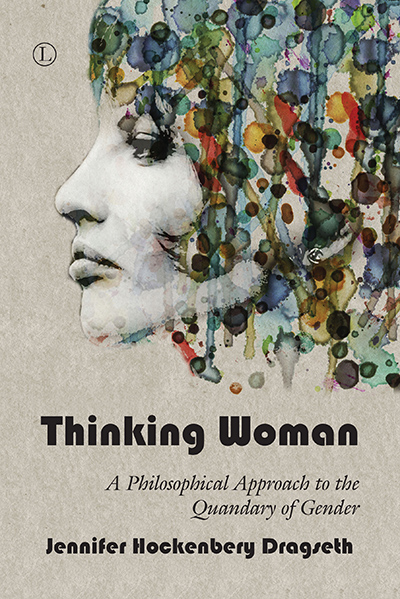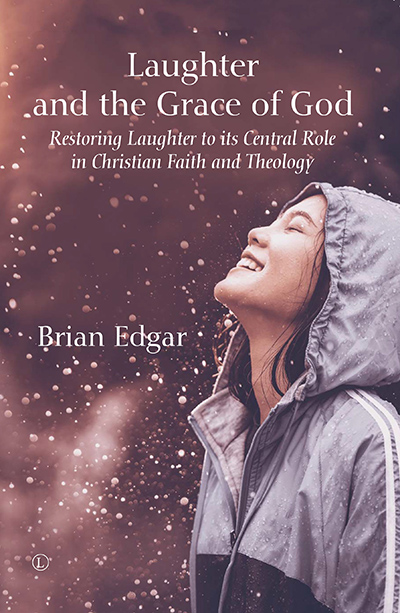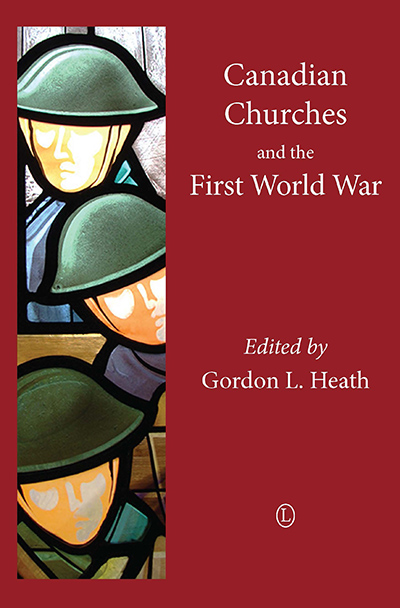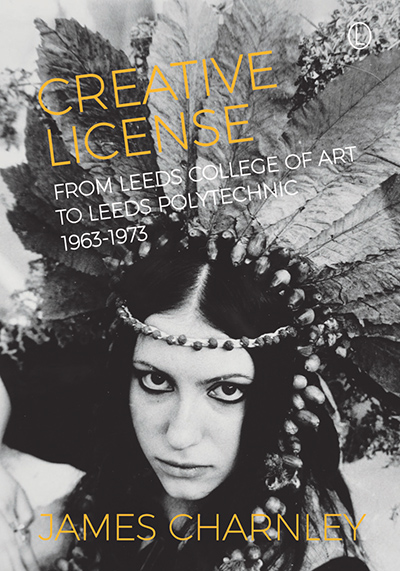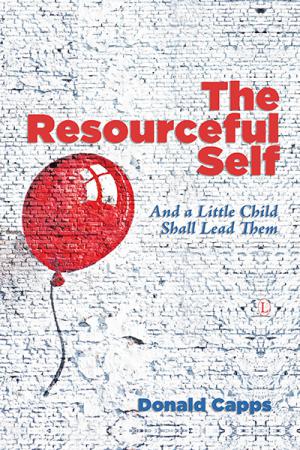Description
What does it mean to be a woman? Do women have a unique nature and a unique vocation? Should feminists work to help women specifically or to support all people? Thinking Woman examines the lives and ideas in the history of philosophy of women thinkers who wished to understand and be advocates for themselves as women. Some, like Hildegard of Bingen and Edith Stein, found women to be a unique creature designed by God, necessary for good stewardship of creation. Others, such as Mary Wollstonecraft and Sojourner Truth, found women to be identical to men in all but biology and thus identical before the law. Still others, such as Simone de Beauvoir and Judith Butler, found the very question troubling as they tried to separate cultural ideas from biological rules. These women and their views form a canon on the question of women, a canon that can help guide the conversation for thinkers and activists today who want both to understand women and to be advocates for justice for all people.
About the Author
Jennifer Hockenbery Dragseth is Professor of Philosophy at Mount Mary University in Milwaukee, Wisconsin. She teaches courses in Christian philosophy, history of philosophy, ethics, philosophy of science, and women philosophers.
Contents
Preface
Acknowledgments
Introduction
1. Gender Essentialism
2. Gender Neutrality
3. Gender Existentialism
4. Gender Fluidity
5. Conclusions
Bibliography
Glossary
Name/Subject Index
Endorsements and Reviews
In style, form, and content, Thinking Woman is a text that matters. Jennifer Hockenbery Dragseth weaves together history, biography, analysis, and critique to present the impressive range of work by women philosophers on central questions of gender and our common humanity. This work’s relevance to contemporary science, health care, religion, and politics is essential, making Dragseth herself a thinking woman to whom we must listen.
Caryn Riswold, Professor of Religion, Gender and Women’s Studies, Illinois College
A Lutheran philosopher, Jennifer Dragseth uniquely advances the scholarly examination of gender and sexual difference. In search for truth on the complex question of ‘What is a woman’, Dragseth invites readers to critically engage major gender theories and to do so specifically in conversation with the thinking women who for centuries have approached the quandary of gender philosophically.
Kirsi Stjerna, Professor of Lutheran History and Theology, Pacific Lutheran Theological Seminary of California Lutheran University; Docent, University of Helsinki
Dragseth’s work is not only a rigorous treatment of what it has meant for philosophers to ‘think’ about gender; it is also a compelling defense of the ways that diverse philosophical dialogue might continue to inspire our activism.
Maggie Labinski, Assistant Professor of Philosophy, Fairfield University
Dragseth provides a well-structured and succinct introduction to feminist theory and gender studies. … Dragseth is skilled in conveying these theories in clear and accessible terms. This is a concise and fairly wide-ranging text, which provides a useful introduction to gender studies and feminist theory.
Sammy Bishop, in The Expository Times, Vol 129, No 1

